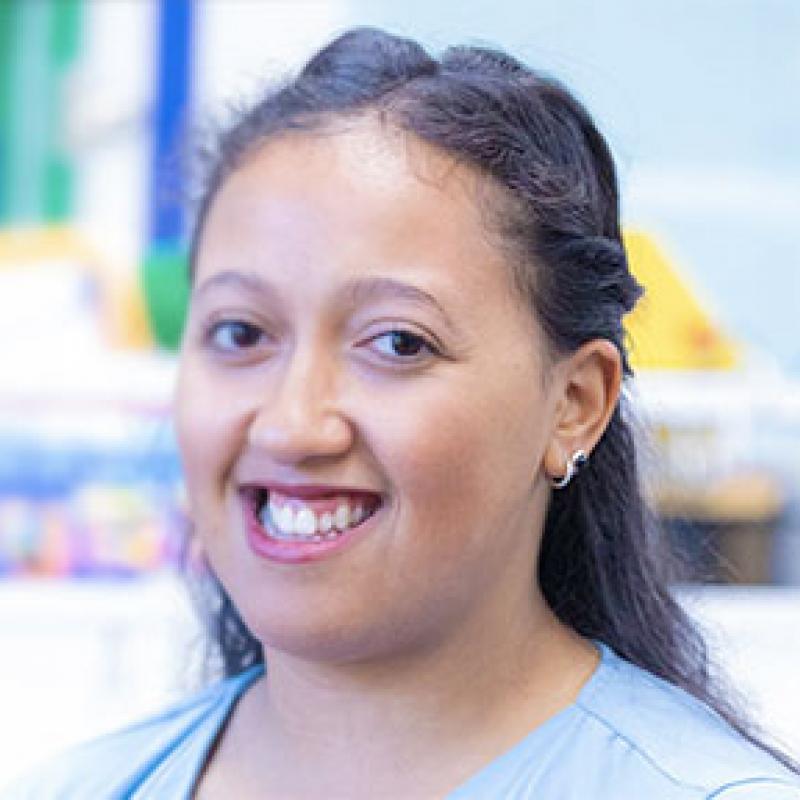
by Samuel Miller '17
Juliette Cooper ’17 is a perfect example of this. After graduating with her degree in History, she took a job with City Year in Chicago, a program similar to Teach for America, after hearing about it from Cristina Elvira Pérez in the OSL. What started out as a general interest in education and a curiosity to learn more about how the US system worked, changed when she had “a shocking and eye-opening experience.” She says, “From my own schooling experience I knew that there was a serious imbalance, but actually seeing the full extent that racial segregation in the US educational system dis-advantages minority students was what really devastated me. Honestly, it was heartbreaking to go in everyday because you fall in love with these kids knowing that there was only so much you could do for them; they are 15 and reading at a 3rd grade level, and that’s just not something you can fix in a year.”
This experience has motivated her to continue working to help improve the situation for students. After a year in Chicago, Juliette moved back to her native New York, where she now works as the Special Projects Coordinator at Uncommon Schools; Excellence Girls Charter School in Brooklyn. It’s an administrative position that has her wearing a lot of hats, including arranging bussing for students with special requirements, organizing field trips around the city, planning family events, and coordinating the state assessments and standardized testing, just to name a few. In her current role, Juliette sees encouraging signs from the students. “This school really succeeds in their academic standards. We have seen really good results all the way through high school in reading, writing, and math; It’s very different from the situation in Chicago.”
Multi-role positions like her current one are almost impossible to train for, but Juliette credits her Franklin experience with giving her a head start. “I’m the youngest person in my department by 5 years, and for the first few months most people thoughts I was in my late 20’s or 30’s because of the way I acted. I came in knowing how to talk to people in a professional setting, how to communicate myself clearly, even small things like how to send an appropriate email. The academic and somewhat competitive nature of Franklin definitely contributed to this, since you get used to talking to your classmates and professors like you would to a colleague or boss in the real world.”
This contact with professors is not just a differentiator for Juliette’s own experience, it’s translated into her understanding of education as a whole. She says, “I’ve talked with a lot of peers who went to big Universities and never got to talk with their professors, only TA’s. Having a mentor like the professors we had at Franklin is extremely important and a big part of student development. It’s something that high school students should really consider and think about, especially if they want to pursue academia.”
A lot of her professional training also came from her extra curricular activities at Franklin. “I tutored local kids in English in all three years, served on the Honors Society executive board for two years, and worked as an RA my senior year. Russell Martin [Assistant Dean of Residence Life and Student Programing] spent a lot of time teaching us RAs professional and administrative skills which I now use everyday in my current job.”
Thinking back on her past three years in education, and speaking as a person who cares deeply for the personal development of the students in her care, Juliette has a new take on the value of a college education. When asked what she would say to a prospective student about Franklin, Juliette has two pieces of advice. “First of all, it’s not for everyone, and that’s ok. You should go to Franklin, or any college really, for the right reasons,” she says. “Don’t just go for the academic travel. Remember that it’s a serious, demanding program in a foreign country. The most successful students I met at Franklin were the ones who truly wanted to explore, learn more about the world, step out of their comfort zone, be forced to learn another language; and they had to do all this while getting a rigorous education. It requires a lot of self-discipline.” Her other piece of advice? “More people should do the History program!”

